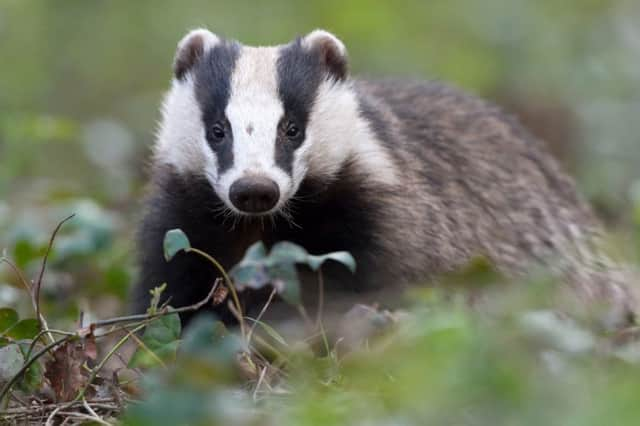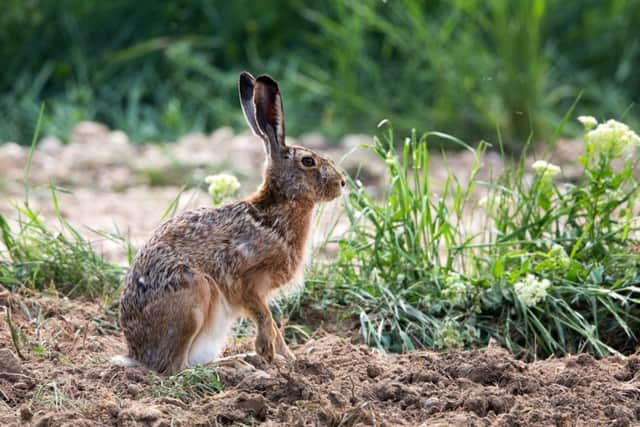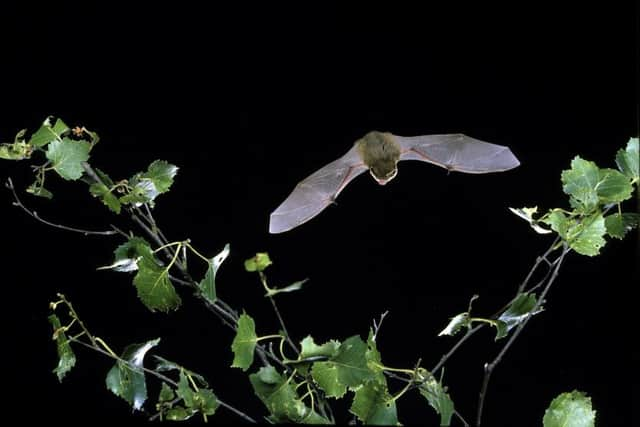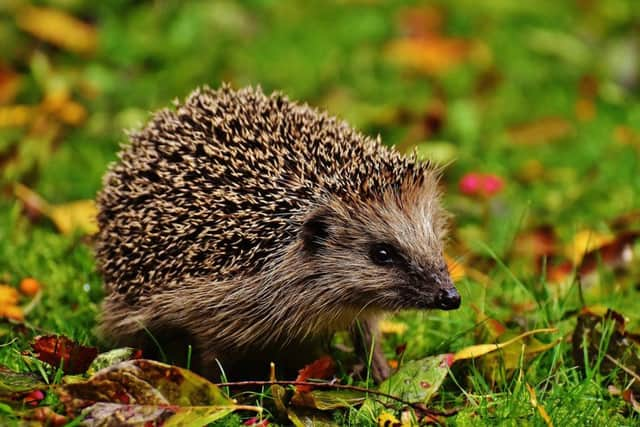It might just stop them asking: '˜Are we nearly there yet?'


And, yes, it really does not matter if the creature is scampering or squashed.
For roadkill must be included in a new survey the wildlife charity the People’s Trust for Endangered Species (PTES) is carrying out between now and the end of September.
Advertisement
Hide AdAdvertisement
Hide AdThe charity has just launched its Mammals on Roads app for iOS9 and above and Android 7. It has been created to enable sightings of mammals to be recorded on the move.


And the data will allow PTES to identify changes in population numbers and help conservation.
The app is free, easy to use, and has graphics of a host of mammals, from hedgehogs and hares, to badgers and bats.
There are also informative audio descriptions, providing useful background information and insights into the lives of these creatures.
Advertisement
Hide AdAdvertisement
Hide AdDavid Wembridge, the Surveys Officer at PTES says: ‘Data gathered from Mammals on Roads is vital to conservation work. The survey has been running for more than 15 years which allows us to compare data year on year and identify where we need to focus our conservation efforts.’


The annual survey takes place between July and September. To take part, the public are asked to record sightings of Britain’s mammals – dead or alive – during car journeys of 20 miles or more on a single day, outside of built-up areas – so it’s perfect for summer road trips or family holidays.
Mr Wembridge adds: ‘While recording roadkill can be a little gruesome, higher levels of roadkill can indicate a healthy population of mammals nearby.
‘We hope this new app will engage new audiences, who already have mobile technology at their fingertips, with wildlife conservation, in addition to our many volunteers to who take part each year by logging sightings online or via a survey pack.’
Advertisement
Hide AdAdvertisement
Hide AdSince 2001, more than half a million miles of Britain’s roads have been surveyed through Mammals on Roads, with previous data alerting conservationists at PTES to the dramatic fall in native hedgehog numbers.


These findings resulted in the launch of the nationwide campaign Hedgehog Street in 2011 with partner charity the British Hedgehog Preservation Society, which to date has 44,000 Hedgehog Champions pledging to help protect this species from further decline.
Further research is also being undertaken to investigate the reasons behind the decline, showing the true power of citizen science and what the British public can help conservationists achieve.
Jamie Lemon from tech company, dijipiji, who developed the app for iOS9 users says: ‘Putting together apps and wildlife might seem counterintuitive at first, but what they give you – real-time mapping and big data analysis – are powerful conservation tools. This new technology enables us to help monitor and protect our natural environment: with the right app, we can all play a critical role in conservation.’
Advertisement
Hide AdAdvertisement
Hide Ad•To take part, you can download the free Mammals on Roads app from the App Store or Google Play.


Alternatively, the survey can be completed via the PTES website (ptes.com/mor) or via a printed survey pack. E-mail [email protected] or call 0207 498 4533 to request a pack.
•Mammals on Roads runs from today until September 30.